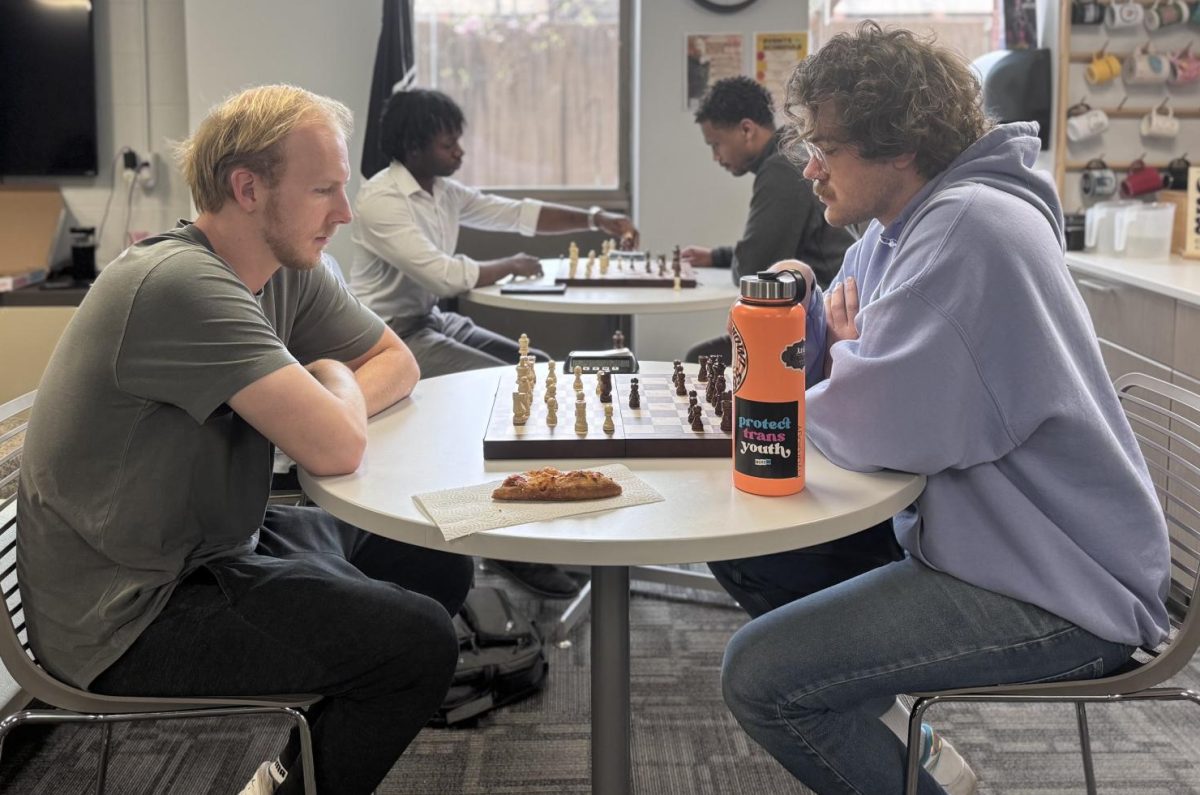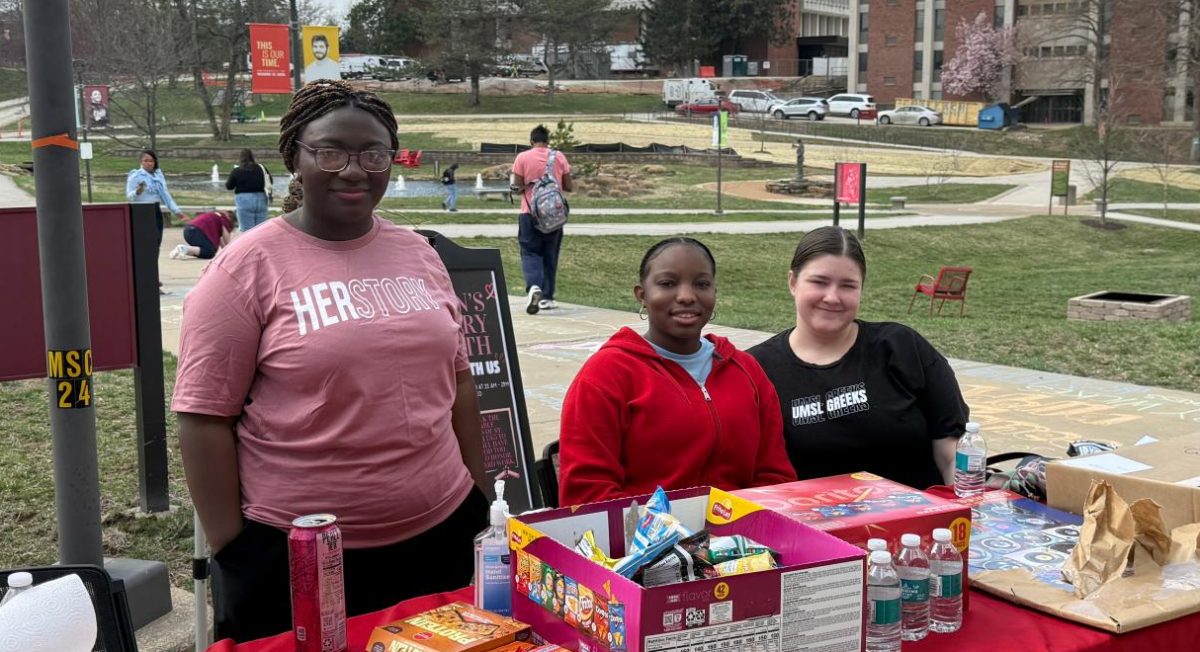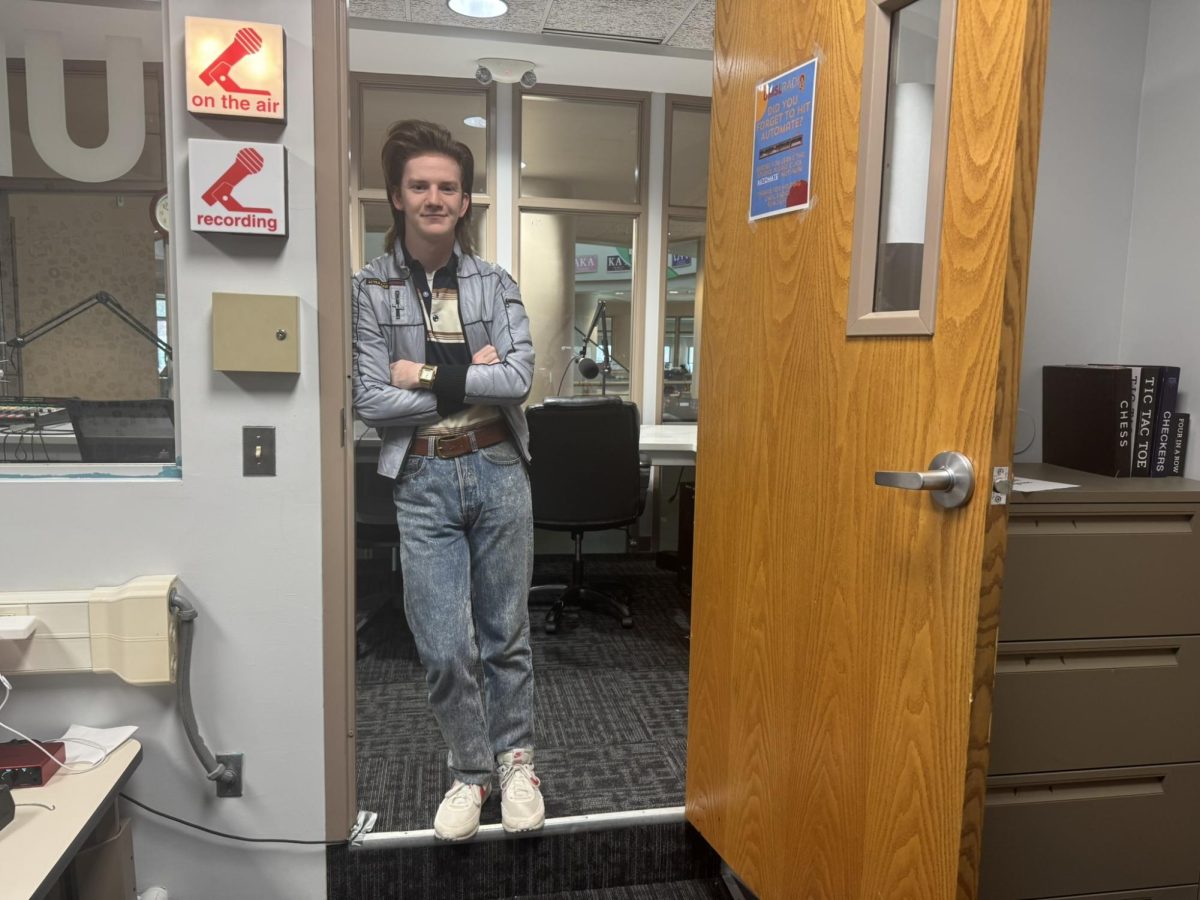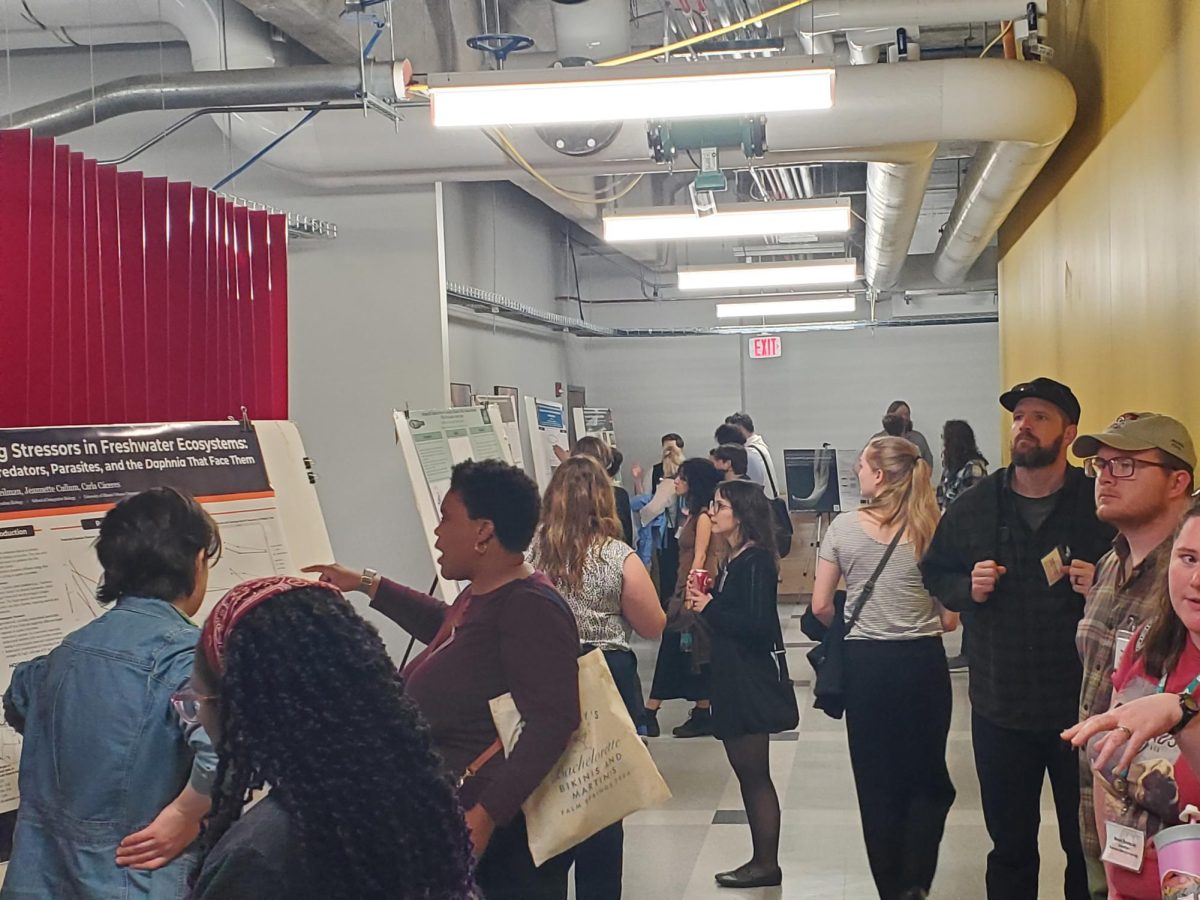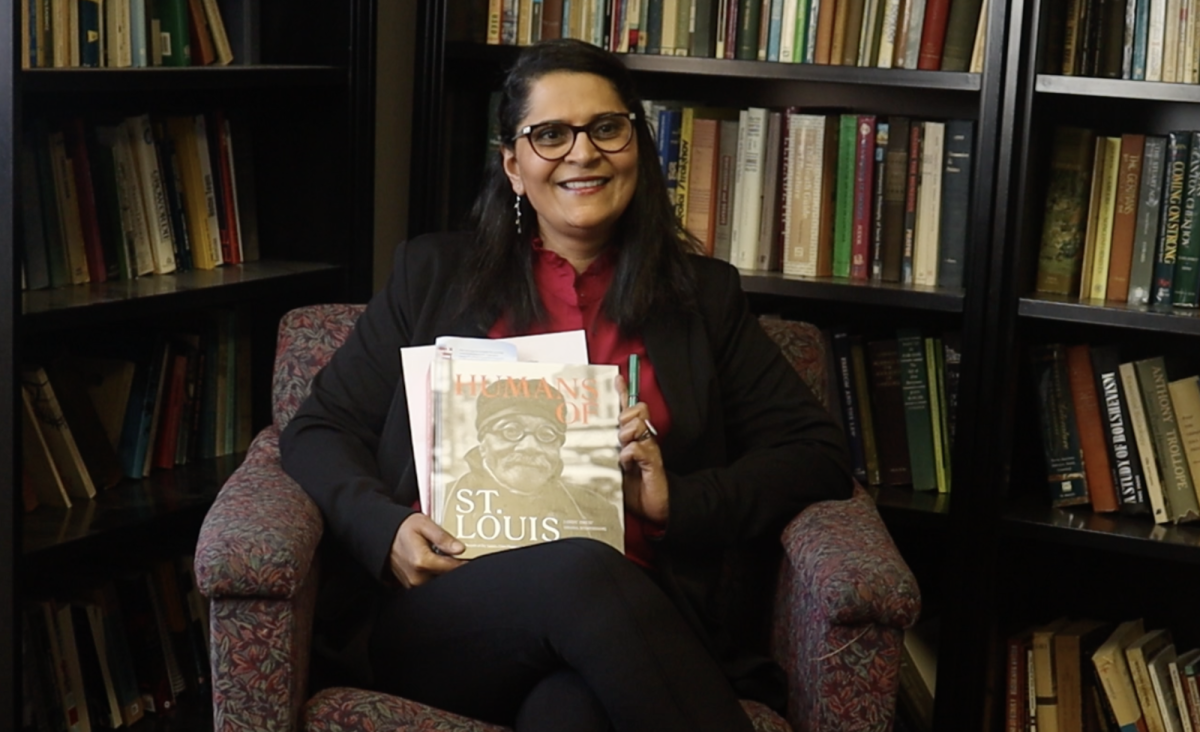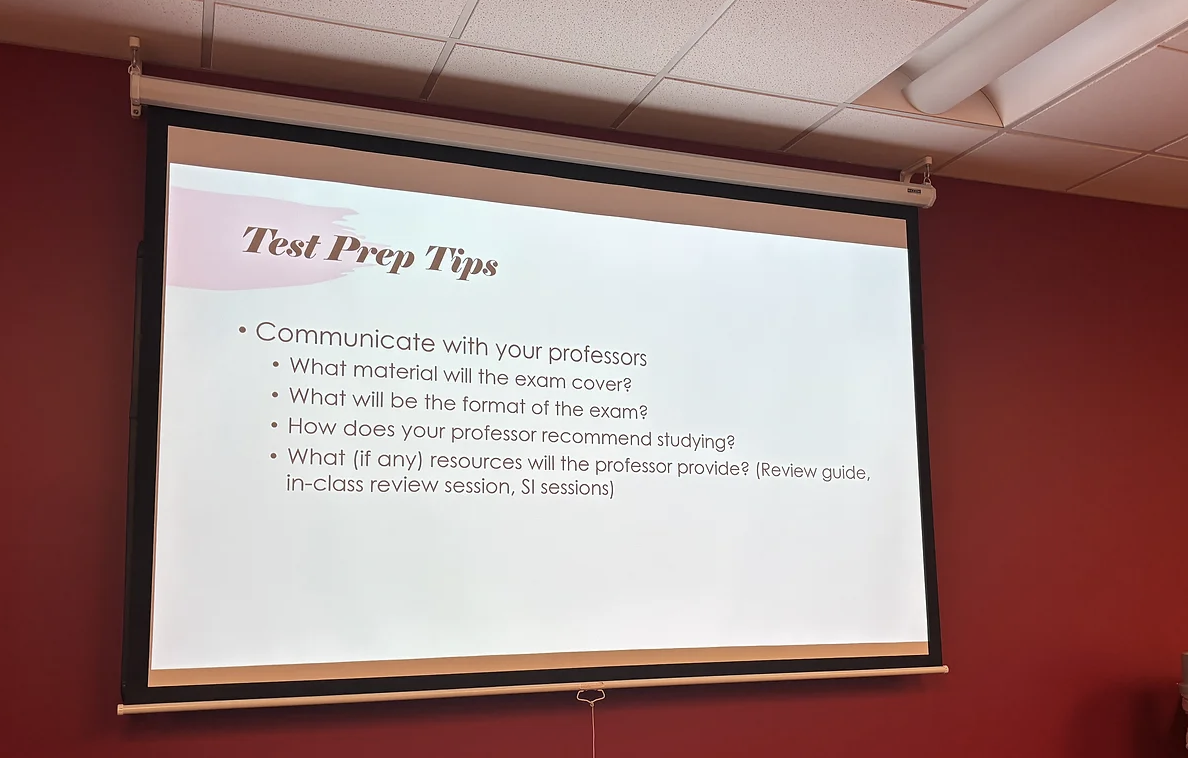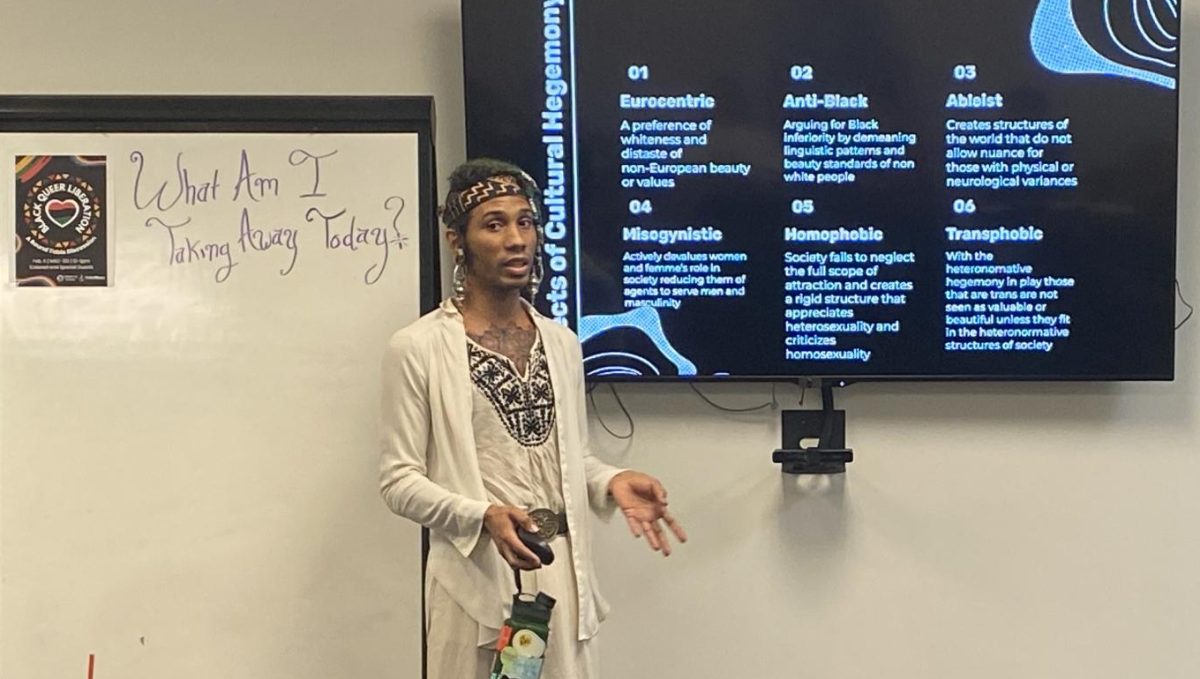Last week, the office of Student Outreach and Support (SOS) held a workshop for UMSL students to help them prepare for finals. The Preparing for Final Exams workshop shared tips, tricks, studying strategies and time management skills to help students successfully navigate final exams.
The workshop was led by Amy Bower, a student success coach from Student Enrichment and Achievement. The Student Enrichment and Achievement division of SOS provides targeted support and workshops for students facing academic challenges. “I just really want the students to come away with practical strategies and skills they can use as they enter final exam season,” says Bower about the workshop.
The workshop started with Bower asking attendees what type of finals they have so the workshop could better suit their needs. After learning most attendees have project-based finals instead of tests, she included time to discuss project-based skills and time management strategies.
Before exams, Bower stressed the importance of communicating with professors, so students know what to expect from exams or final projects. She said open lines of communication with professors are one of the best ways for students to be successful.
One of the most essential study strategies discussed at the workshop was active recall. Bower stressed that reading is not studying, as it does not commit information to memory. Active recall involves taking a topic you wish to learn, creating questions based on that topic, and then repeatedly testing yourself on the questions. Active recall studying forces the brain to retrieve information, so it ensures information is being learned instead of passively reading it. Active recall studying techniques can include flashcards, creating a quiz, or participating in a practice exam. Other study techniques discussed at the workshop included creating study guides by topic, creating concept maps and completing practice problems.
Another technique Bower introduced students to is the Pomodoro Method. The Pomodoro Method is a time management technique based on studying intervals. Students will set a twenty-five-minute timer to study, then take a five-minute break. After this process is completed four times for about two hours, students will take a thirty-minute break, and then start the process again. Studying intervals can be adjusted, but it is important to ensure breaks remain proportional to the time studied. The Pomodoro Method can help decrease mental fatigue and fight procrastination during studying.
Bower also emphasized that the time and location of studying matters too. She recommended students to find when they are most productive during the day, and to plan study sessions then. She also recommended students study or work on final projects in an area with minimal distractions, such as the library or a coffee shop. Changing locations while studying can also help prevent fatigue, so if students are feeling burnout, Bower recommends eating a snack or taking a walk to another study location on campus to refresh.
One of the last topics covered at the workshop was procrastination. To prevent procrastination, Bower suggests starting at the due date for a project, or the date of the test, and creating a study schedule backwards to ensure students have enough time to be successful. If students struggle with procrastination, she also suggests finding the root of the problem. Students may put off studying because they don’t know where to start, or what materials they need to study. Creating a study schedule, reviewing rubrics, and speaking with professors can help clarify what students need to know. Another technique to avoid procrastination is to study a little bit every day leading up to finals, even if students are only able to study for 30 minutes. Bower stresses the importance of finding time every day to work on finals to prevent burnout and procrastination.
As final exams approach, students have many resources to help them prepare. The Writing Center is available for students to receive feedback on papers, projects and presentations. The Math Lab also offers free individual assistance to help students with mathematics courses. The University Tutoring Center offers one-on-one support for students through a variety of services. For more information on these resources, visit their webpages.


